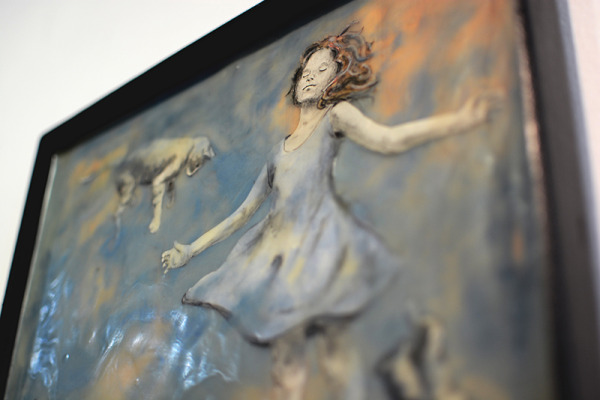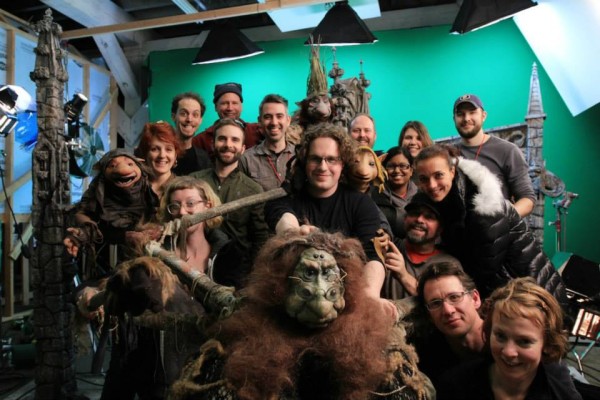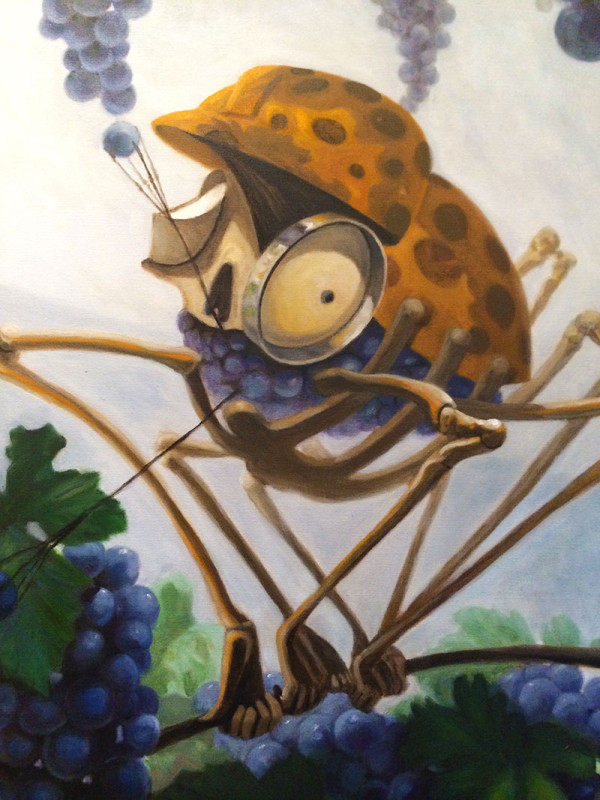
Seeing Beyond the Stigma at J. Pepin Art Gallery
“The vernacular that’s used around mental health perpetuates the stigma,” sighs Jennifer Pepin, the artist behind the young, eponymous gallery. “Like, mental illness…I hate those words.” In 2007, the same year that Pepin received a diagnosis of bipolar disorder, BMC Health Services Research compiled a list of 250 labels—derisive words such as crazy, bonkers, nuts, and psycho—used to stigmatize individuals with mental health issues. The negative attitudes attached to such labels are far reaching, and frequently generate feelings of fear, distrust, pity, and rejection. For some, joining a support group, which offers a nonjudgmental platform to share and explore similar experiences, is a way to mitigate that stigma. After a severe bout of depression in the summer of 2012, Pepin felt alienated and misunderstood. “I was seeking understanding, and people that could validate what I was experiencing. I simply went online and typed in ‘bipolar support groups.’” To her surprise, Pepin found that her support group was bursting with artistic talent. Among its members were several painters, a classically trained pianist-turned-composer, a published poet, and a dancer. They were people whose thriving creative practices and psychiatric diagnoses weren’t mutually exclusive. Still, Pepin felt that the stigma of mental health was…


